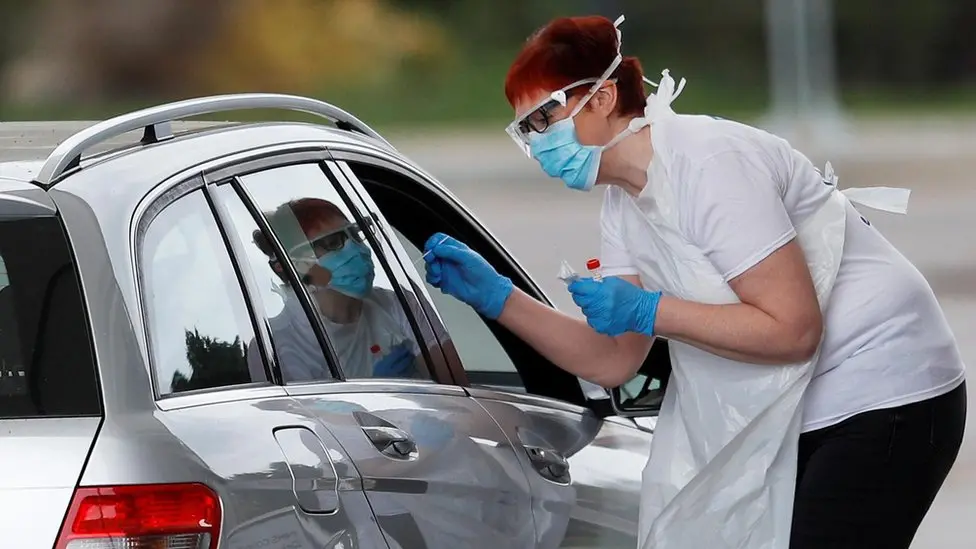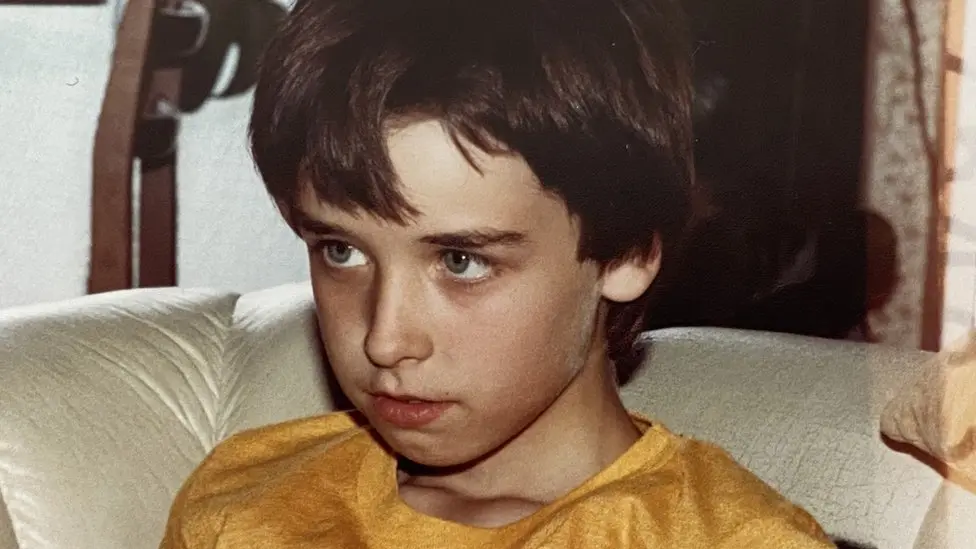Children used as ‘guinea pigs’ in clinical trials
Clinical trials are essential for testing the safety and efficacy of new medications and treatments. However, some critics argue that children are sometimes used as ‘guinea pigs’ in these trials, being exposed to potential risks without fully understanding the consequences.
Children are a vulnerable population, and their participation in clinical trials raises ethical concerns. It is crucial to ensure that parents or guardians fully understand the risks and benefits of enrolling their children in a trial and that the children themselves are able to provide informed consent if they are old enough.
There have been cases where children have been harmed or even died as a result of being involved in clinical trials. This highlights the importance of strict regulations and oversight to protect the rights and well-being of child participants.
Researchers must follow strict guidelines when involving children in clinical trials, including obtaining proper consent, ensuring that the study is necessary and that the potential benefits outweigh the risks. They must also consider the long-term effects of any interventions on the children’s health and development.
Parents and caregivers should be actively involved in the decision-making process when it comes to enrolling their children in clinical trials. They should ask questions, seek information, and advocate for their children’s best interests throughout the process.
Ultimately, the goal of clinical trials involving children should be to advance medical knowledge and improve treatments for pediatric conditions in a safe and ethical manner. It is essential to prioritize the well-being of the child participants and ensure that their rights are protected at all times.



